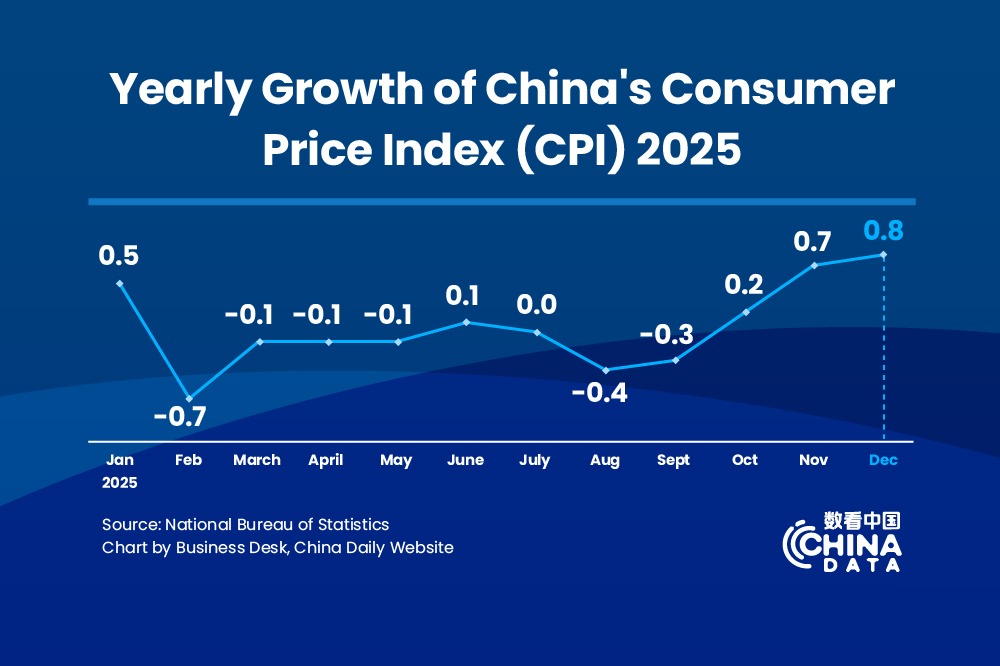Nation leads way with renewable energy


Editor's note: A survey among China Daily's overseas readers ahead of the 20th National Congress of the Communist Party of China shows that the nation's ecological progress, economy, diplomacy, science and technology, and the Belt and Road Initiative are among some of the most closely observed issues. China Daily is publishing a series of special articles to offer readers an in-depth look at these topics.
Steady growth tipped, particularly for solar power installation
Supported by full supply chains and robust policy measures, China has achieved leapfrog development in renewable energy in recent years, with its installed capacity ranking top globally.
After years of development, the nation is the world's largest producer of wind and solar power, as well as the largest domestic and outbound investor in renewable energy, according to the National Energy Administration.
In the past 10 years, total installed capacity for renewable energy generation in China rose to 1.1 billion kilowatts, with generation capacity of hydropower, wind, solar and biomass ranking top worldwide. The combined installed capacity of wind and solar power has reached 670 million kWs, almost 90 times the level in 2012, the administration said.
During the 14th Five-Year Plan (2021-25) period, China's renewable energy generation capacity is expected to account for more than 50 percent of the total, and the generation capacity for wind and solar power will be doubled, further cementing the nation's role as a global leader in renewable energy capacity growth, according to the administration.
Wei Hanyang, a power market analyst at research company BloombergNEF, said part of the reason for this rapid development is China's unparalleled advantages in boosting clean power installation due to massive demand from the domestic market. State-owned grid operators have also made efforts to ensure renewables are consumed, rather than wasted.
"Renewable energy has become the principal source of the country's newly added installed generation capacity in recent years, especially solar and wind power. China leads globally in installed capacities for wind, photovoltaic, hydro and biomass power, as it presses ahead with a green development path," Wei said.
He believes the nation's renewable energy sector will see steady growth and that solar power, in particular, will witness further widespread installations.
China's rapid development of renewable energy has also attracted multinationals. Shell plc, SABIC and Honeywell have announced plans in recent years to invest in the nation's renewable energy sector due to its rapid growth momentum and huge potential. Global energy and chemical giants are drawing up local plans that cover a broad range of subsectors such as petrochemicals, hydrogen, vehicle charging stations and carbon capture, utilization and storage, or CCUS.
Shell plc, which is based in London, has steadily invested in China's renewable energy market in recent years. Part of the company's blueprint is to expand its hydrogen footprint in the country by building a network of hydrogen refueling stations in Shanghai — Shell's first hydrogen refueling network in Asia — in cooperation with State-owned enterprise Shenergy Group Co.
The joint venture said it plans to build six to 10 hydrogen refueling stations in Shanghai and the Yangtze River Delta region in the next five years, rising to 30 stations by 2030.
Shell also expressed optimism about the prospects for CCUS in China, believing it is essential to helping the nation achieve a carbon emission peak by 2030 and carbon neutrality by 2060.
Jason Wong, executive chairman of Shell Companies in China, said the nation's significant geological potential for storing carbon — it has an estimated 2,400 gigatons of storage capacity, second only to that of the United States — means there is plenty of potential to tap.
US energy company ExxonMobil has announced that it will cooperate with China National Offshore Oil Corp and Shell plc to develop a carbon capture and storage, or CCS, hub in Huizhou, Guangdong province. The facility, China's first large-scale offshore CCS hub capable of capturing up to 10 million metric tons of carbon dioxide annually, will significantly reduce carbon dioxide emissions and meet the decarbonization needs of enterprises in the area.




































